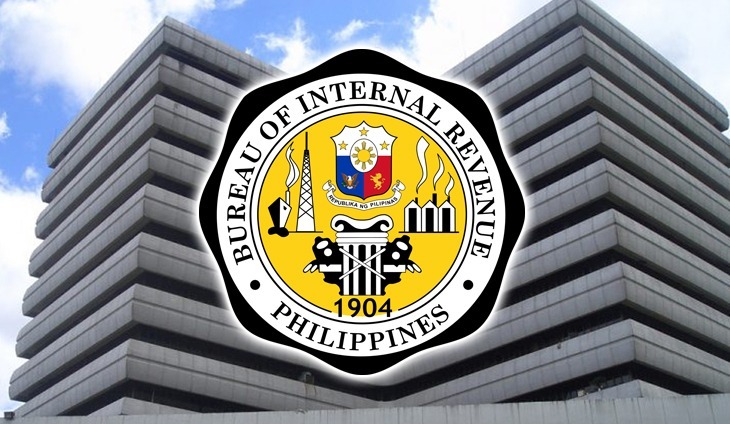Business Insights
A Quick Guide to the Bureau of Internal Revenue
23 Oct

The Bureau of Internal Revenue (BIR) is the government agency in charge of collecting taxes and enforcing tax laws in the Philippines. Specifically, the BIR manages the assessment and collection of various taxes, such as income tax, value-added tax, and excise tax. Additionally, it ensures that taxpayers follow tax regulations and offers guidance to help them. Importantly, the agency plays a key role in funding government programs and services through the revenue it collects.
Moreover, the BIR is involved in conducting tax audits and investigations to tackle tax evasion and fraud. Its main goal is to create a fair and efficient tax system, ensuring that funds are available for public services and infrastructure. Through various initiatives, the BIR aims to improve taxpayer education and simplify processes to boost overall compliance.
Key Functions of the BIR
Tax Collection: First and foremost, the BIR collects various types of taxes, including income tax, value-added tax (VAT), and excise tax. This revenue is essential for funding government projects and services.
Tax Administration: In addition, the BIR administers tax laws and regulations, making sure taxpayers comply and addressing any tax-related issues. This includes processing tax returns, issuing tax identification numbers (TIN), and conducting audits.
Taxpayer Services: To encourage compliance, the BIR offers various services to taxpayers. These include sharing information, assisting in filing tax returns, and providing tax-related seminars and workshops.
Policy Development: The BIR also plays a role in developing tax policies and reforms to improve the tax system and enhance revenue collection. This includes initiatives aimed at making tax compliance simpler and improving the overall tax environment.
Importance of the BIR
The BIR is crucial for the economic health of the Philippines for several reasons:
Revenue Generation: The taxes collected by the BIR fund vital government services such as education, healthcare, infrastructure, and social services. A strong tax system supports sustainable economic growth.
Fair Taxation: The BIR ensures that all taxpayers comply with tax laws, promoting fairness and equity in the system. This approach helps reduce tax evasion and strengthens the government’s ability to serve its citizens.
Economic Stability: Effective tax collection and administration contribute to economic stability. By monitoring and regulating the flow of funds, the BIR helps maintain the government’s financial health.
Challenges Faced by the BIR
Despite its important role, the BIR encounters several challenges:
Tax Evasion: Many individuals and businesses evade taxes, which negatively impacts revenue collection. The BIR continually strives to enhance its monitoring and enforcement to address this issue.
Compliance: Many taxpayers find the tax system complicated and hard to navigate. Therefore, the BIR aims to simplify procedures and provide better assistance to improve compliance rates.
Technological Adaptation: As the world becomes more digital, the BIR must keep up with technology to improve its operations, enhance taxpayer services, and protect sensitive information.
Why BIR Registration Matters
Registering with the Bureau of Internal Revenue (BIR) is essential for anyone wanting to do business in the Philippines. If you earn income—whether from a business, profession, or employment—you must register and pay taxes. Ignoring this requirement can lead to fines or even imprisonment.
Beyond compliance, BIR registration offers various benefits for your business. It can improve your access to financial services, such as loan applications and tax incentives, as well as government support. Additionally, being registered helps establish your brand’s reputation in the market, which is vital for long-term growth and success.
The Bureau of Internal Revenue is a cornerstone of the Philippine government’s financial system, responsible for collecting and managing taxes. Its work is crucial for funding public services and ensuring economic stability. As the BIR continues to adapt to modern challenges, its role in creating a fair and efficient tax system is more important than ever. By promoting taxpayer compliance and improving its services, the BIR can enhance its contribution to the nation’s growth and development.
Recent Posts
- Unlocking Potential in 2026: How AI Assistants Boost Business Efficiency January 29, 2026
- Switching Payroll Providers in Manufacturing: What PH Businesses Should Evaluate 2026 January 27, 2026
- Applicant Tracking System Explained: How Philippine Businesses Improve Hiring in 2026 January 23, 2026
- AI Chatbot and Callbot Made Simple: Their Growing Role in Business Operations in 2026 January 22, 2026
- The New MySSS Card: One ID, One Account, Endless Convenience January 22, 2026